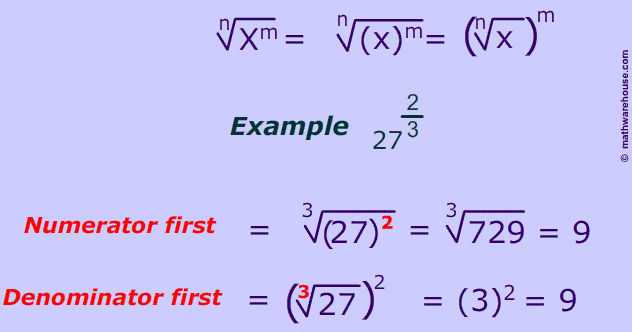Simplify #9^(5/2)+4/5#?
2 Answers
Explanation:
I'm going to assume you meant
I'm also going to assume you wanted to get rid of the fractional exponent.
Let's do this!
First, simplify the sum by finding the Lowest Common Denominator (LCD) of the two fractions.
Since one is
So let's rewrite that.
We get:
So our original expression becomes
To get rid of the fractional exponent, there is this handy rule:

So we can rewrite our expression as:
Explanation:
=
=
=
=
=

